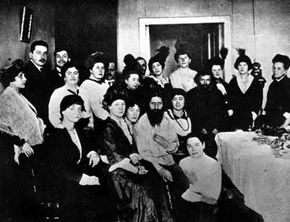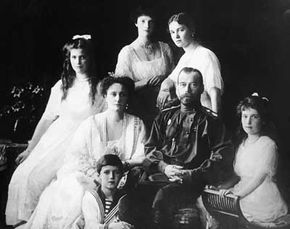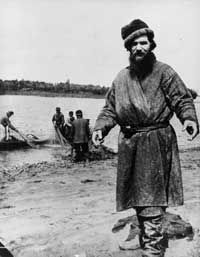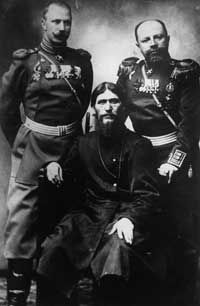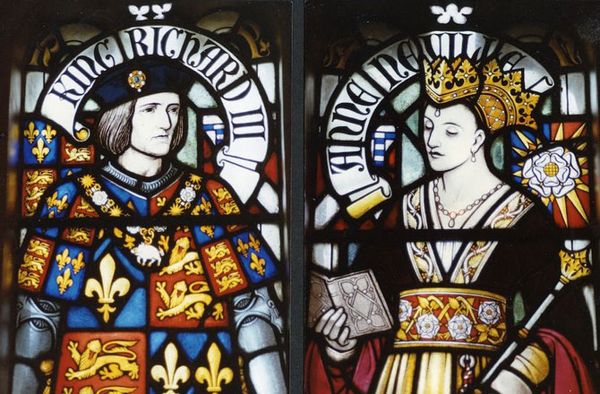Perhaps it was Rasputin's eyes that pierced his way into history. The mystic and advisor to the Romanov family in Russia became known for his entrancing gaze that seemed to hypnotize people. Equipped with what some described as secondary vision and a knack for healing, Rasputin climbed the rungs of Russian society, gaining the reputation as both a savior and a demon.
The religious advisor, called a starets, was beloved by Czarina Alexandra, wife of Czar Nicholas II, and worked his way from peasant to the most influential man in Russian court in a decade. The closer he became to the royal family, the more wary people became of his immense sway with the czarina in particular. Coupled with the rising civil unrest and wartime depression that raged outside of the palace, Rasputin became a public symbol of the disconnection and corruption of the ruling class.
Advertisement
Born Gregory Efimovitch Rasputin in 1869 in Siberia, his religious roots trace back to the popularly reviled sect called the Khlysts [source: Mohynahan]. Rasputin first encountered the Khylsts in a monastery, practicing their mix of religion and sexuality [source: Wilson]. They practiced a form of flagellation, or beating, in group settings that culminated in sexual activity, with the belief that salvation requires engaging in sinful activity with others to drive it out of them. Those sexually-driven principles would eventually follow him into the royal palace.
Travelling around Russia and building his reputation as a preacher and healer, Rasputin travelled to St. Petersburg in 1905. There, he was introduced to Nicholas and Alexandra for the first time, although it isn't clear by whom [source: Wilson]. A year later, he gained acceptance into their inner circle.
How did Rasputin work his way into the royal family's confidence, and why did other people quickly become wary of the bearded mystic? Read the next page to find out.
Advertisement
